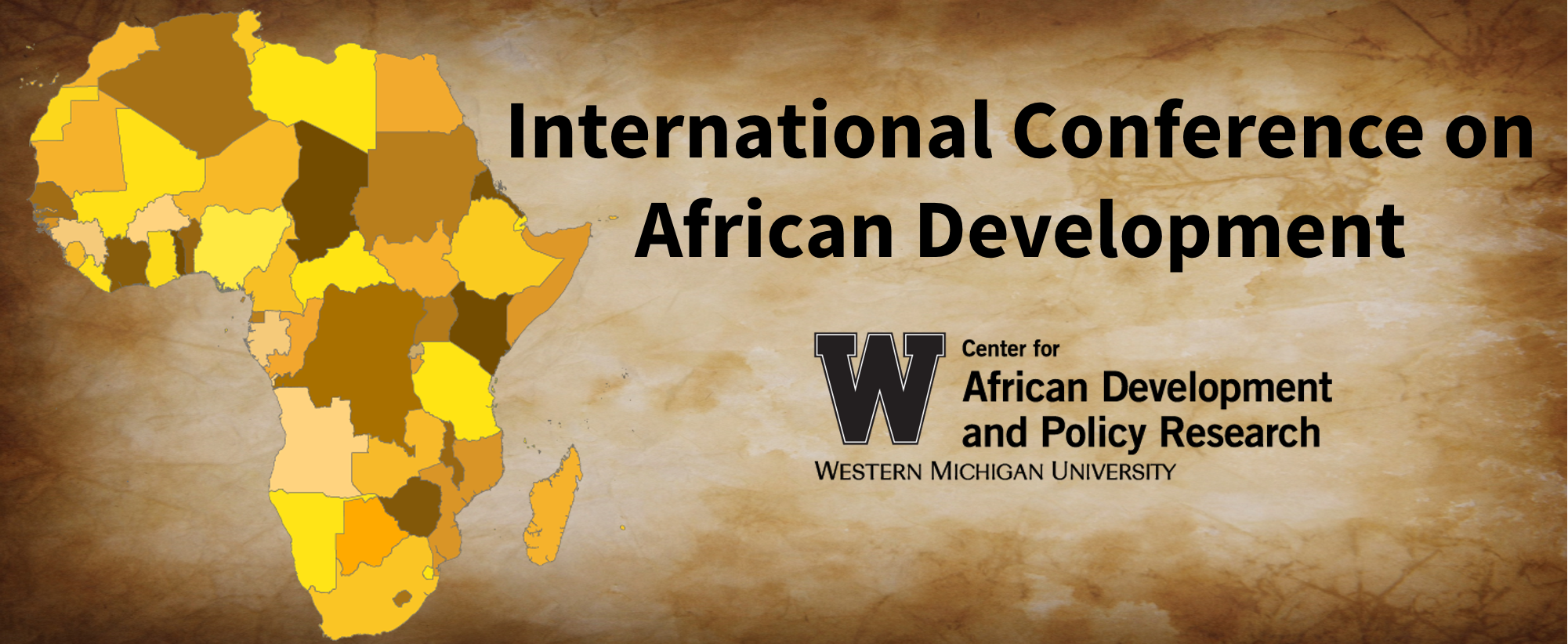2.4 Federalism and National Question: Implications for National Security in Nigeria
Abstract
Nigeria is a state with heterogeneous formation is composed of different ethnic groups. These differences are binding forces in classical Federal states in that it binds and promotes social and national cohesion in homogeneous states, so in a heterogeneous state social and national cohesion must be strived for. However, the reverse is the case with the practice of federalism in Nigeria. Nigeria’s federalism is characterized by numerous problems such as leadership and bad governance, resource control, and indigene settler dichotomy among others, and these have had adverse effects on nation building, social cohesion and stability. This paper relied on secondary data and content analysis as methodology. It argues that national questions affect national unity and social cohesion among Nigerians and have had negative repercussions on Nigeria’s national security. The paper recommends, among others points, that the governments, civil society organizations (CSOs), and community-based organizations (CBOs) should intensify public enlightenment campaigns on the need for peaceful co-existence. The principles of meritocracy should be adopted in appointments or employment into any position in government rather than Federal Character Principles or State/Zones. This may help to reduce mediocrity and corruption in the management or leadership positions, and thereby, encourage credible and visionary leaders while enhancing good governance in Nigeria.
2.4 Federalism and National Question: Implications for National Security in Nigeria
1920 Sangren Hall
Nigeria is a state with heterogeneous formation is composed of different ethnic groups. These differences are binding forces in classical Federal states in that it binds and promotes social and national cohesion in homogeneous states, so in a heterogeneous state social and national cohesion must be strived for. However, the reverse is the case with the practice of federalism in Nigeria. Nigeria’s federalism is characterized by numerous problems such as leadership and bad governance, resource control, and indigene settler dichotomy among others, and these have had adverse effects on nation building, social cohesion and stability. This paper relied on secondary data and content analysis as methodology. It argues that national questions affect national unity and social cohesion among Nigerians and have had negative repercussions on Nigeria’s national security. The paper recommends, among others points, that the governments, civil society organizations (CSOs), and community-based organizations (CBOs) should intensify public enlightenment campaigns on the need for peaceful co-existence. The principles of meritocracy should be adopted in appointments or employment into any position in government rather than Federal Character Principles or State/Zones. This may help to reduce mediocrity and corruption in the management or leadership positions, and thereby, encourage credible and visionary leaders while enhancing good governance in Nigeria.


